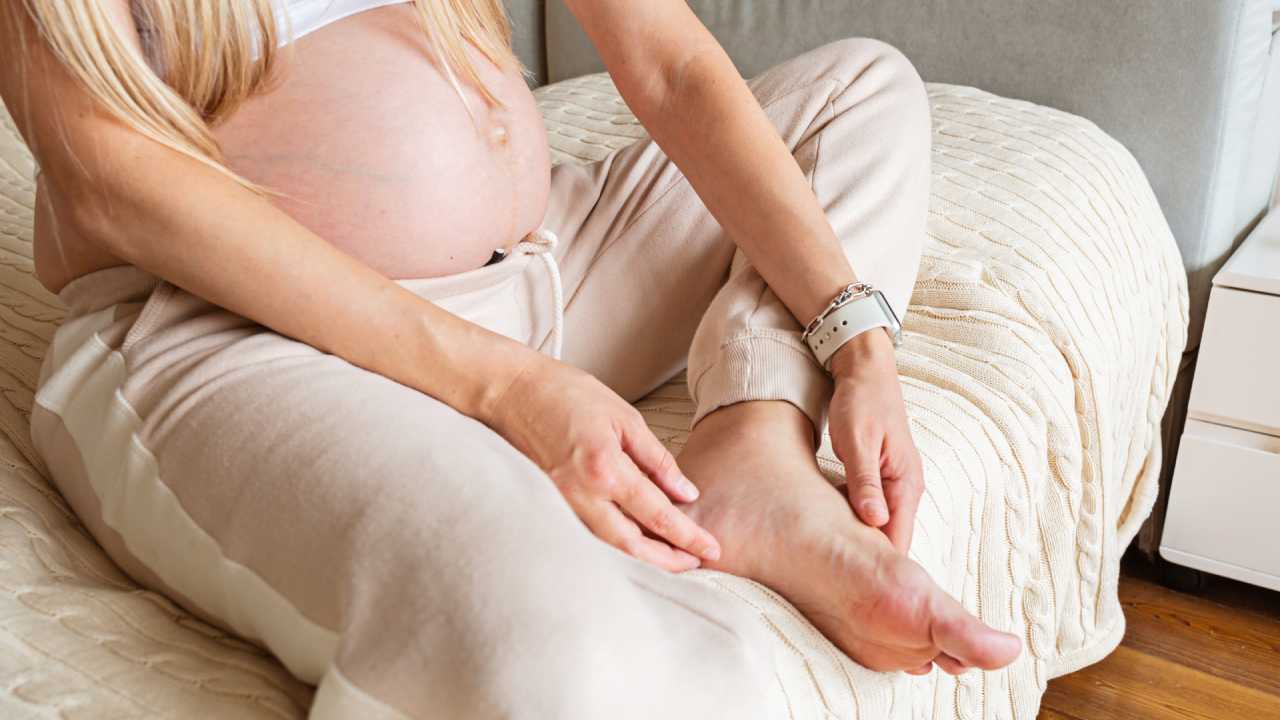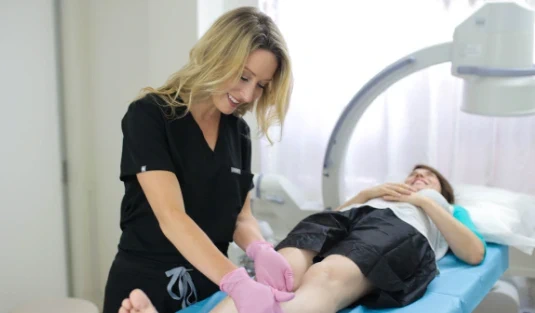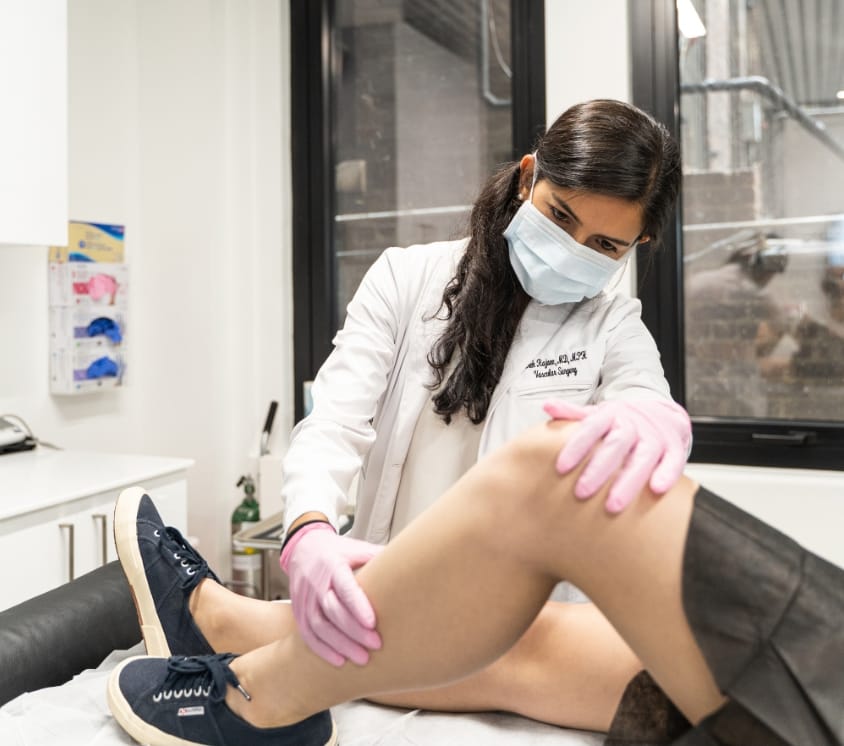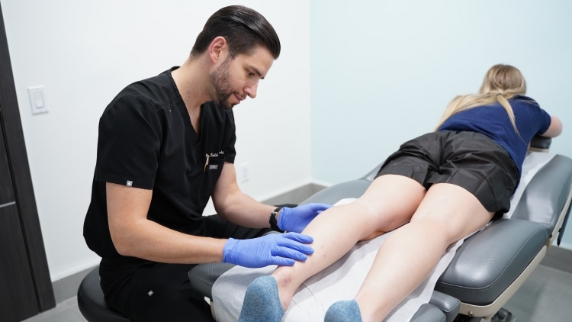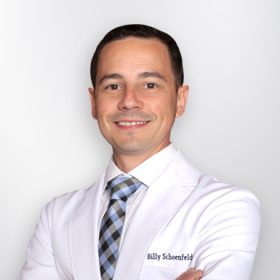Pregnancy brings numerous changes to the body, including the development of varicose veins. Many women notice protruding veins in their legs, groin, buttocks, spider veins, hemorrhoids, and varicose veins. The severity of these veins can range from mild cosmetic concerns to painful conditions.
Will Varicose Veins Disappear After Pregnancy?
The good news is that varicose veins often improve or disappear within 6 to 12 weeks after childbirth. However, some factors can prevent full recovery. A specialized vein doctor can provide treatment options if your varicose veins persist and cause discomfort.
What Causes Varicose Veins?
The circulatory system moves blood efficiently through the body. Arteries carry oxygen-rich blood to tissues, while veins return deoxygenated blood to the heart.
- Veins work against gravity to move blood upwards.
- Tiny one-way valves keep blood flowing correctly.
- Pregnancy-related changes increase blood volume, hormonal fluctuations, and pressure on veins.
When vein valves weaken or are damaged, blood leaks backward, leading to blood pooling, increased pressure, and swollen veins visible beneath the skin. If you develop varicose veins during pregnancy that cause pain or discomfort, consult a vein specialist in New York, California, Maryland or New Jersey for symptom management and treatment options.
Who is at Risk for Varicose Veins During Pregnancy?
Pregnancy itself increases the risk of varicose veins, but certain factors make some women more susceptible:
- Genetics – Family history of varicose veins increases your likelihood of developing them.
- Multiple pregnancies – Repeated pregnancies heighten vein pressure.
- Obesity – Extra weight adds strain to veins.
- Prolonged sitting or standing – Limits circulation and increases blood pooling.
Preventing Varicose Veins During Pregnancy
While not all cases can be prevented, these steps reduce your risk:
Do’s:
- Engage in light exercise with your doctor’s approval (e.g., walking).
- Wear compression stockings to support circulation.
- Elevate your legs while sitting or resting.
Don’ts:
- Avoid crossing your legs or ankles while sitting.
- Avoid sitting or standing for long periods without movement.
- Reduce excessive weight gain during pregnancy.
Your vein doctor may also suggest additional lifestyle changes for varicose vein relief during pregnancy.
Treatment for Persistent Varicose Veins
If varicose veins do not improve after pregnancy, minimally invasive treatments can restore healthy circulation. Today’s procedures are quick, effective, and require no surgery.
Common Treatments:
- Sclerotherapy – Injects a solution to collapse unhealthy veins.
- Radiofrequency Ablation (RFA) – Uses heat energy to close veins.
- Endovenous Laser Ablation (EVLA) – Seals veins with laser energy.
- VenaSeal – Applies a medical adhesive to close veins.
- Clarivein – Uses mechanical and chemical methods to treat veins.
These treatments take less than an hour and require minimal downtime. Your vein specialist will determine the best option for your condition.
Choosing the Right Vein Doctor
For long-lasting results, consult a Board-Certified vein specialist. Unlike general practitioners or dermatologists, vein doctors have extensive training in diagnosing and treating chronic venous insufficiency and varicose veins. Our top vein doctors specialize in cutting-edge vein treatments at the Vein Treatment Clinic. If you’re experiencing persistent varicose veins postpartum, schedule an appointment with one of our specialists today.








